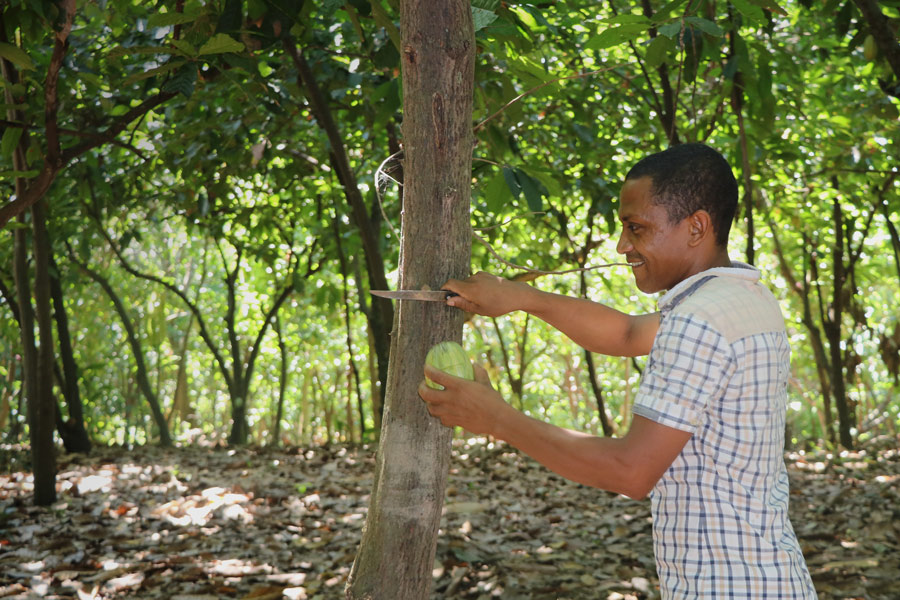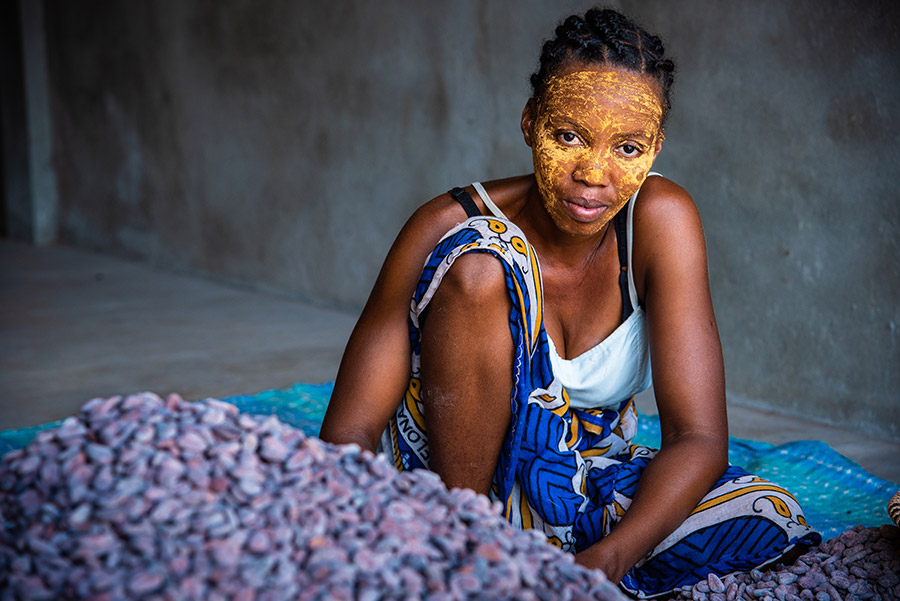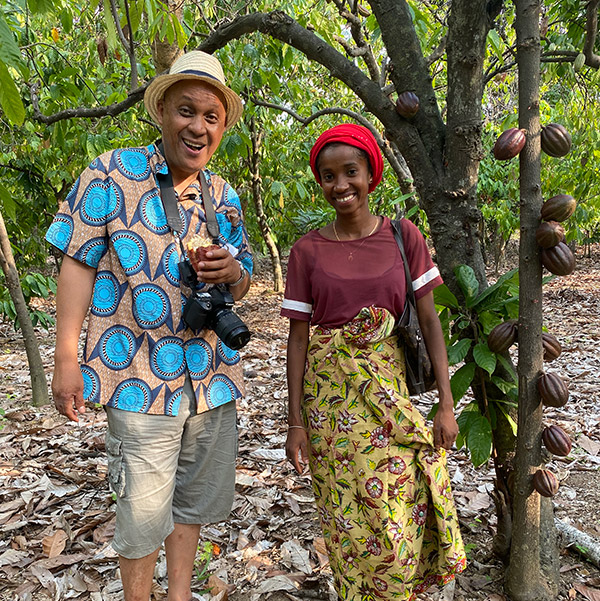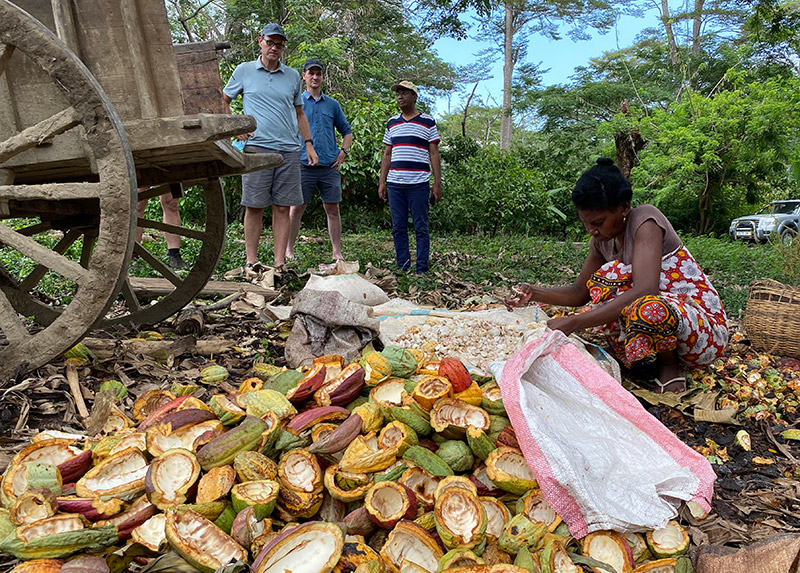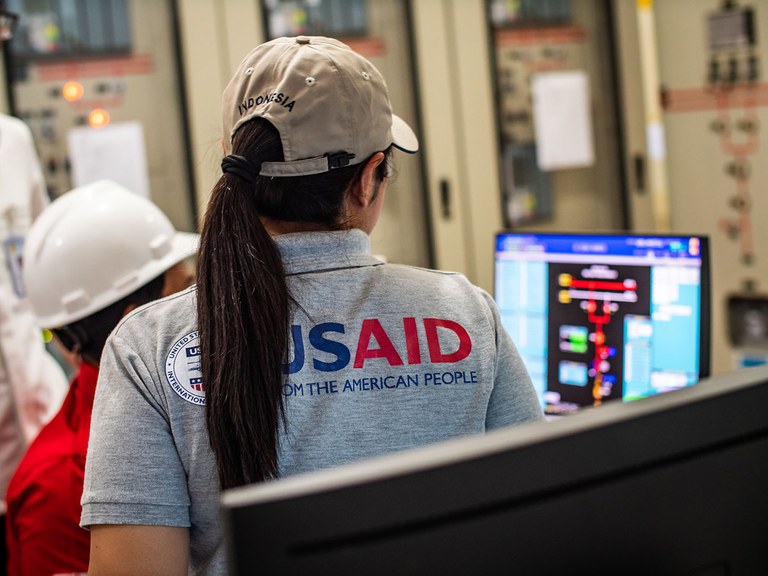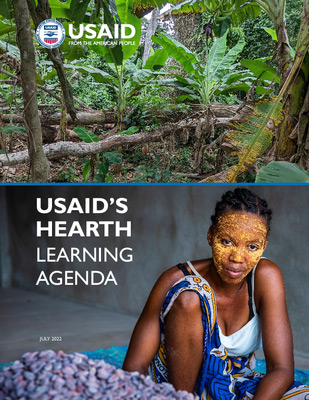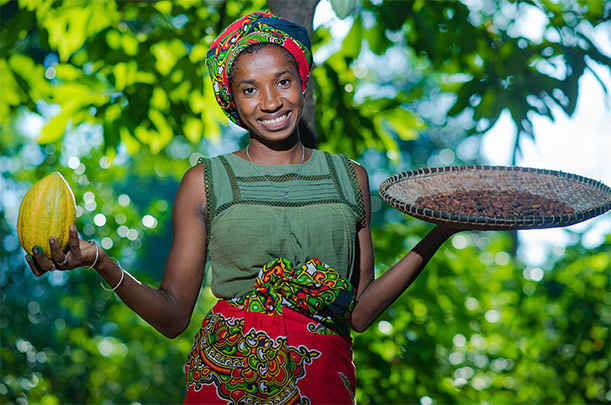HEARTH Awards

HEARTH Operationalizes Best Practices in Development
- Advances cross-sectoral and market-based partnerships to promote a strong enabling environment for businesses while developing solutions that benefit people and the planet, including transboundary collaborations where appropriate.
- Leverages private sector markets, expertise, and resources to deliver sustainable and scalable results. Every dollar USAID contributes to HEARTH unlocks private sector investment of equal or greater value to maximize our collective impact.
- Generates and shares evidence about what works best when integrating approaches across development sectors, and the impacts of the entire HEARTH effort.
- Engages with beneficiaries at every step to ensure HEARTH activities address the needs and concerns of local communities.
- Embodies the objectives of USAID’s policies and goals on Biodiversity, Climate, Private Sector Engagement, Indigenous Peoples, Resilience, Food Security, and Global Health.
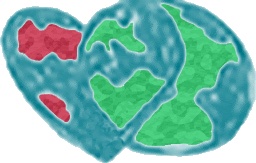
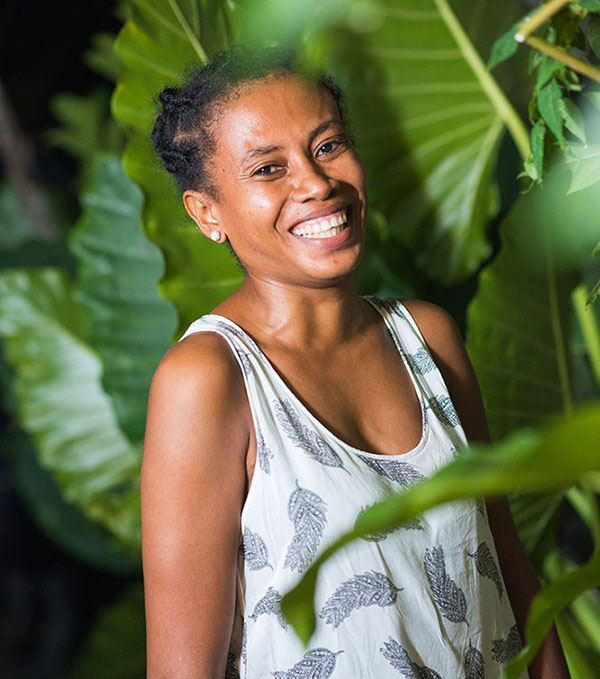
HEARTH Partnerships Address Climate Goals
The health of ecosystems, species, and people are inseparable. Climate change, biodiversity loss, and the rapid decline of ecosystems, along with emerging pandemic threats like COVID-19, threaten global development progress and human well-being. USAID and its HEARTH partners are investing to address these intertwined crises.
HEARTH partnerships promote climate adaptation and the resilience of communities, including among marginalized populations that are often most at risk of experiencing adverse climate impacts, such as women, young people, and Indigenous Peoples. HEARTH partnerships increase food security and mitigate climate impacts within local communities by promoting climate-smart agricultural practices and sustainable alternative livelihood strategies. HEARTH supports nature-based solutions that protect communities from the impacts of climate-related weather events, sequester carbon dioxide, and conserve biodiversity by helping to improve the conservation and sustainable management of local forests, mangroves, and watersheds.
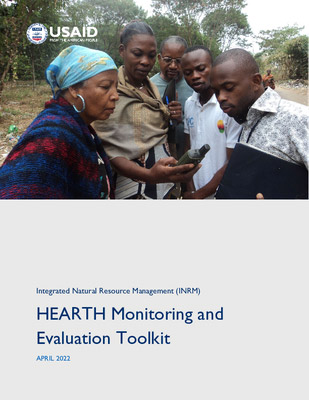 Explore our Featured Toolkit HEARTH Monitoring and Evaluation Toolkit
Explore our Featured Toolkit HEARTH Monitoring and Evaluation Toolkit
A cross-sectoral monitoring and evaluation toolkit designed for the Health, Ecosystems, and Agriculture for Resilient, Thriving Societies (HEARTH) Global Development Alliance.
Connect with HEARTH
For more information on the HEARTH project please Contact Us.


